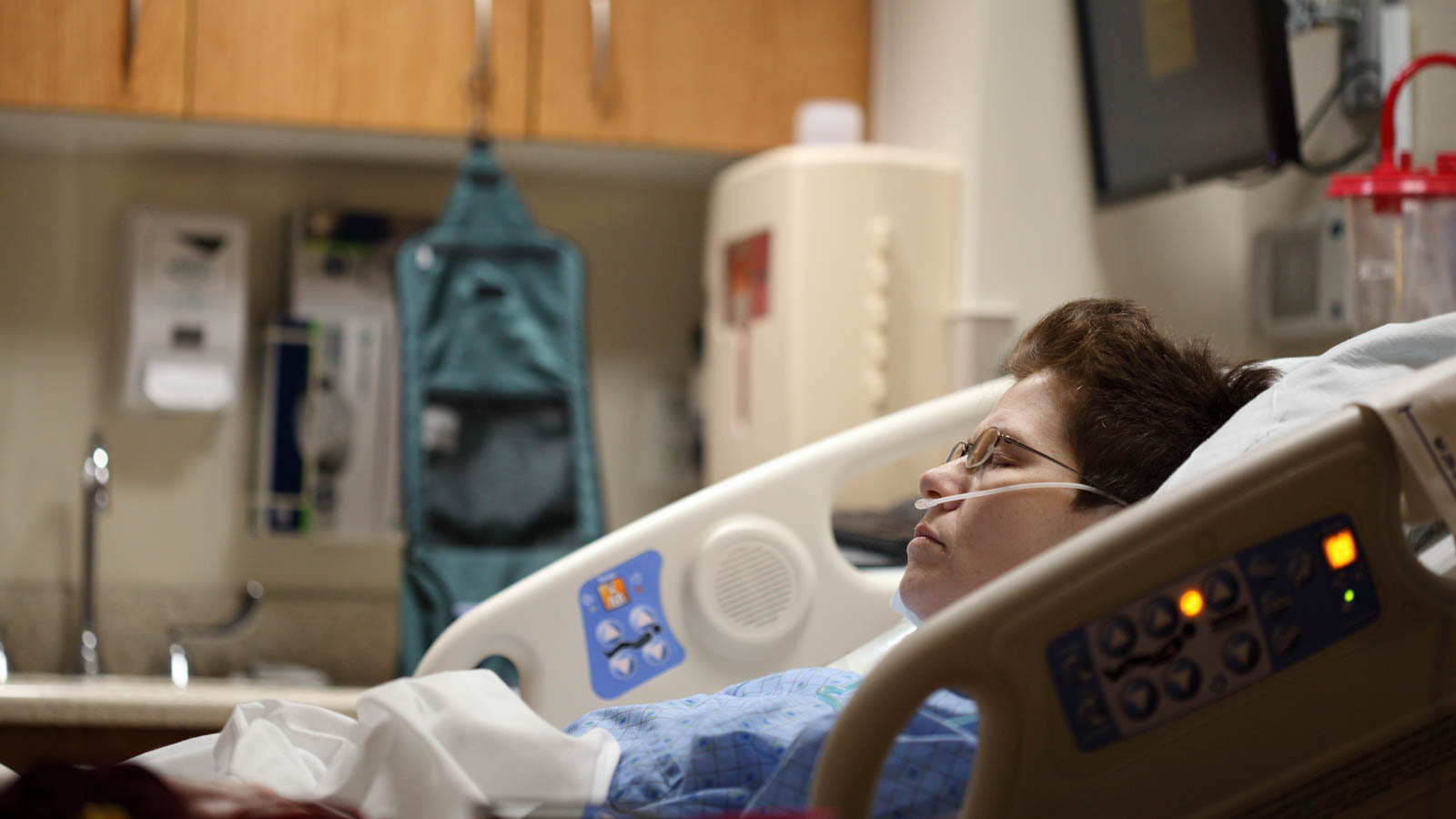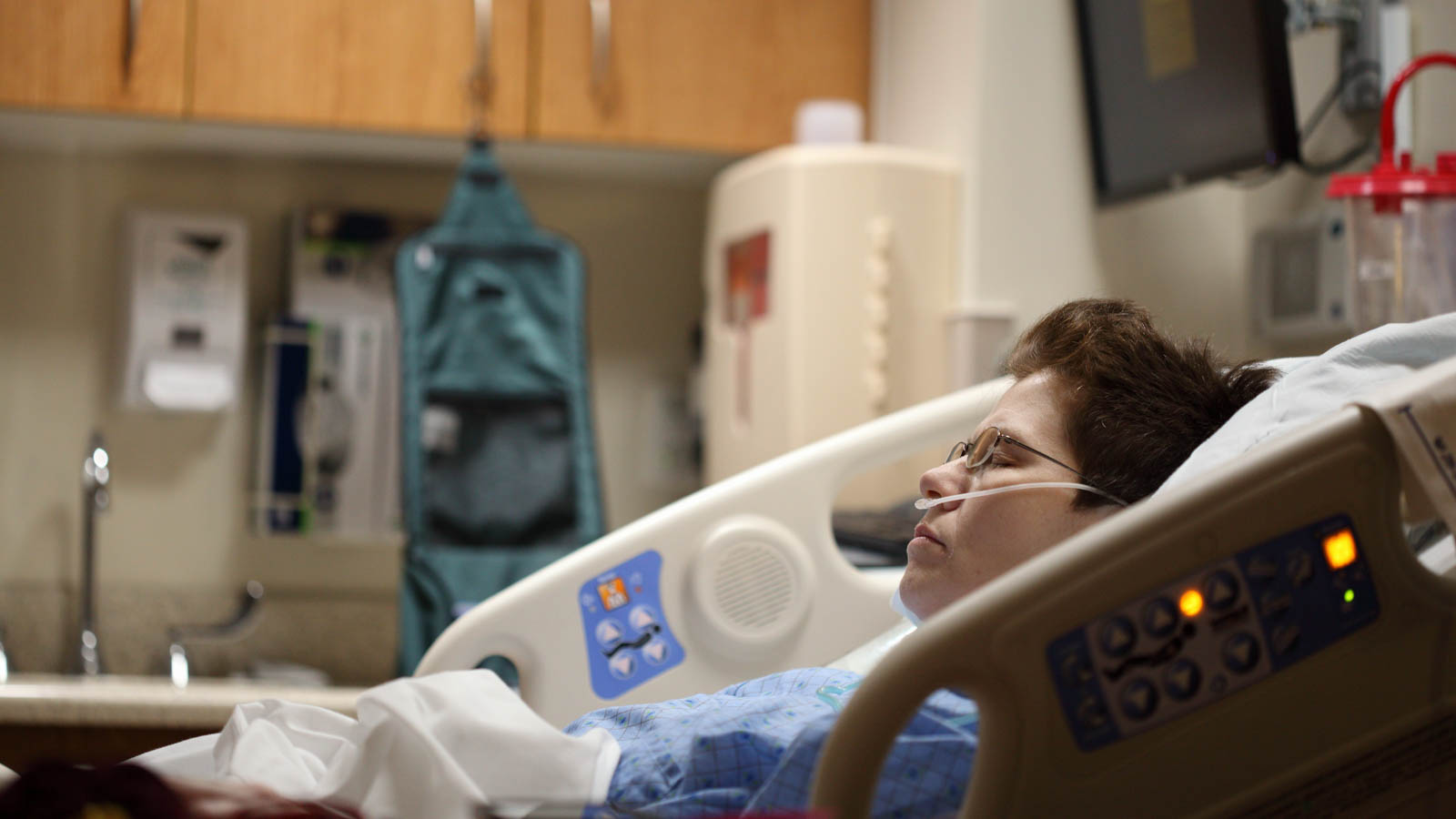
Recent findings suggest that cannabis consumers require more than twice the usual amount of anesthesia before undergoing endoscopic surgery, opening the door to questions, contradictions, and concerns, as the plant is wont to do.
Twenty-five patients who admitted to regularly consuming cannabis needed only a fractional amount more of fentanyl and midazolam compared with others, according to the study, published in the Journal of the American Osteopathic Association on April 15, 2019.
During the two-year study, conducted in 2016 and 2017 at Community Hospital in Grand Junction, Colorado, researchers reviewed the medical records of 250 patients and the amounts of anesthesia the patients were given in the form of fentanyl, midazolam, and propofol.
However, the cannabis users needed more than twice the amount of propofol to put them to sleep for the procedures, which were mostly colonoscopies.
Do Cannabis Consumers Require More Anesthesia?
Three drugs are commonly used to sedate patients before endoscopic procedures. These include propofol, the drug that killed pop icon Michael Jackson; fentanyl, a powerful synthetic opioid; and midazolam, a short-acting hypnotic-sedative drug.
“Determining cannabis use before procedural sedation can be an important tool for planning patient care and assessing both medication needs and possible risks related to increased dosage requirements during endoscopic procedures,” the study concluded.
Unfortunately, many people are not comfortable telling their physicians that they consume cannabis, even in states that have legalized marijuana.
“And their physicians might not be too comfortable hearing about it either,” said a Vietnam veteran and medical marijuana patient in Ohio, who asked to remain anonymous. “And I don’t intend to mention it to my VA doctor [at the Veterans Administration hospital] in Cleveland.”
While studies have shown that cannabis consumers are not generally a risky group to sedate, they may require special considerations before, during, and after surgery and they may have different pain experiences than non-users.
The study’s lead author, Mark Twardowski, a doctor of osteopathy, nevertheless cautions that, “Cannabis users cannot assume that their use will have no effects on their medical care.”
What Do These Findings Suggest?
Dr. Roderic G. Eckenhoff, anesthesiology professor at the University of Pennsylvania Perelman School of Medicine in Philadelphia, agrees with the study’s conclusion, but also argued that the researchers did not propose a mechanism or hypothesis as to why they would suspect that cannabis users require more sedatives prior to medical procedures.
“The study is interesting but not sufficient to even consider changing practice until confirmed by larger prospective studies,” Eckenhoff said in an email. “The study was small … a complete trial is necessary.”
Eckenhoff also expressed concern at the idea of giving cannabis users more sedatives, as some medications pose a possibility for problems as the doses are increased.
“My concern is that some anesthesia providers may be inclined to administer too much sedative if the patient is a ‘user’, with disastrous results,” Eckenhoff said. “Having the sedation a little on the light side is far preferable than having it too deep.”
Some of the risks related to taking higher doses of sedatives before surgical situations include a significant drop in blood pressure and respiratory suppression.
Meanwhile, the Department of Homeland Security is considering classifying fentanyl as a weapon of mass destruction, according to an internal memo published by military news website Task and Purpose.
A lifetime cannabis user and advocate, New Jersey resident Rick Cusick has undergone several medical procedures since mid-2018. He did not find the results of the Colorado study applied in his case.
“It seems that quite the opposite would be true … that cannabis would make sedation medications more effective,” Cusick said. “I didn’t need any more than the normal amount of sedation and I’ve smoked weed every day of my life for the past 40 years … and my doctors know it.”











